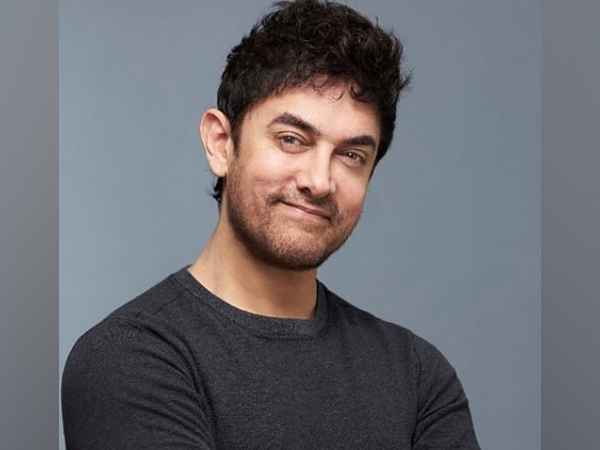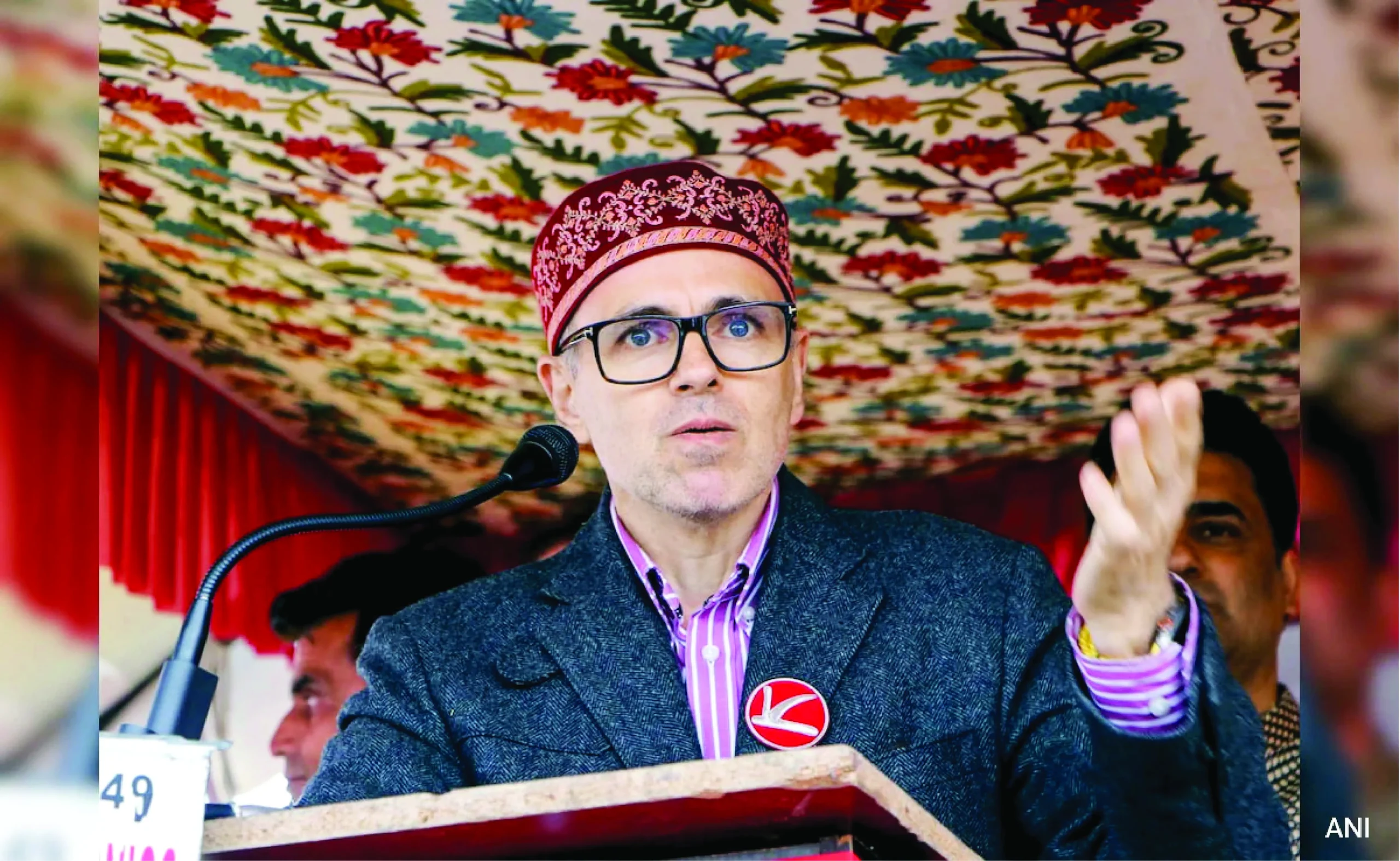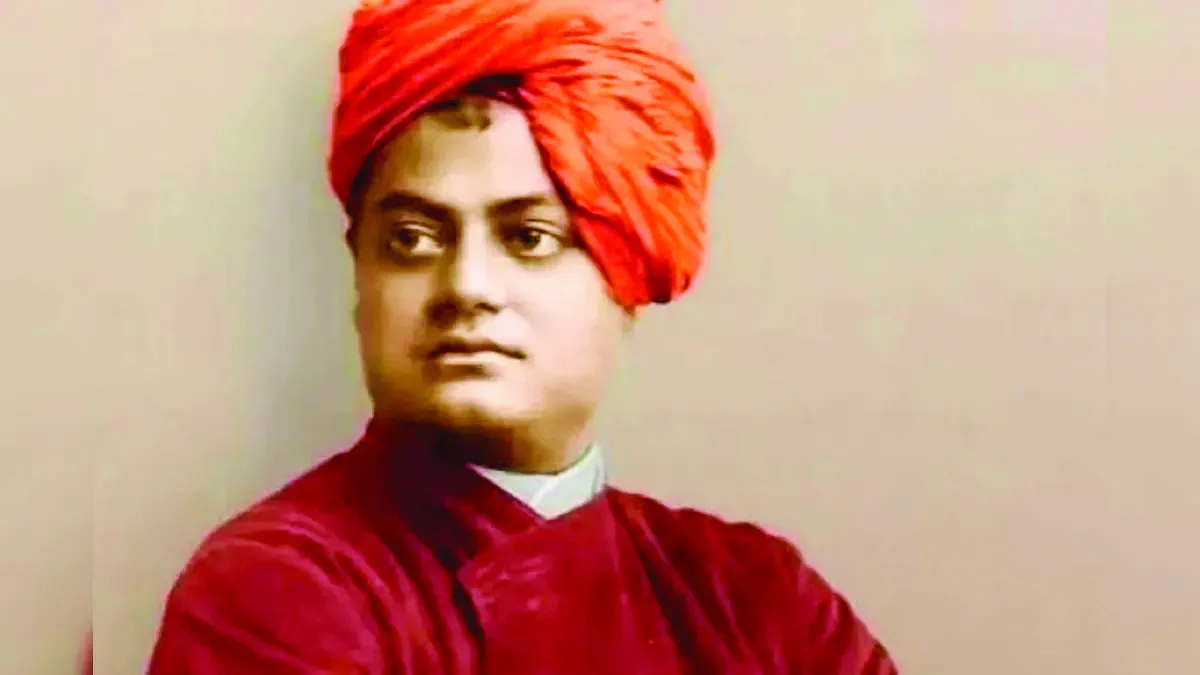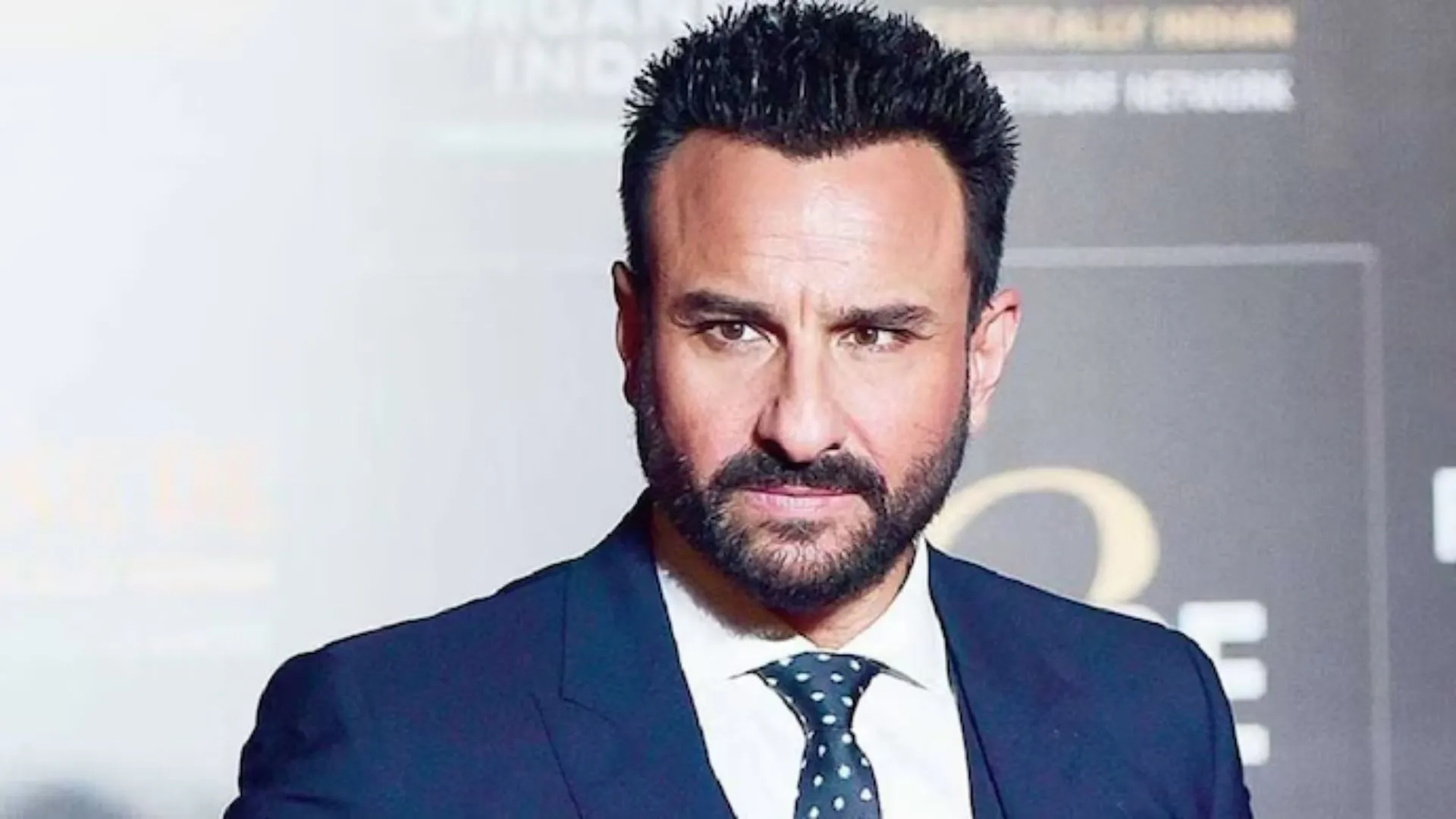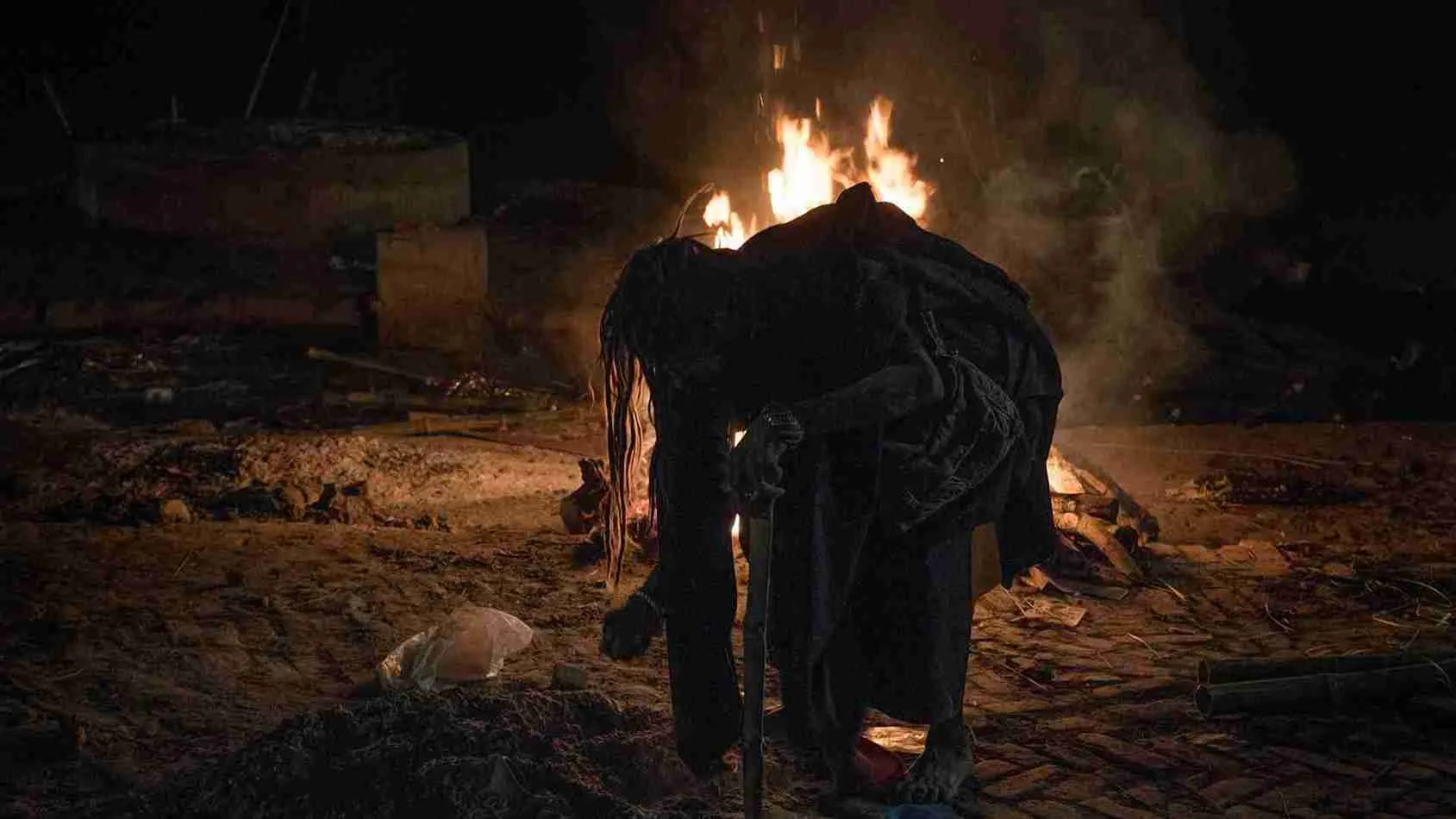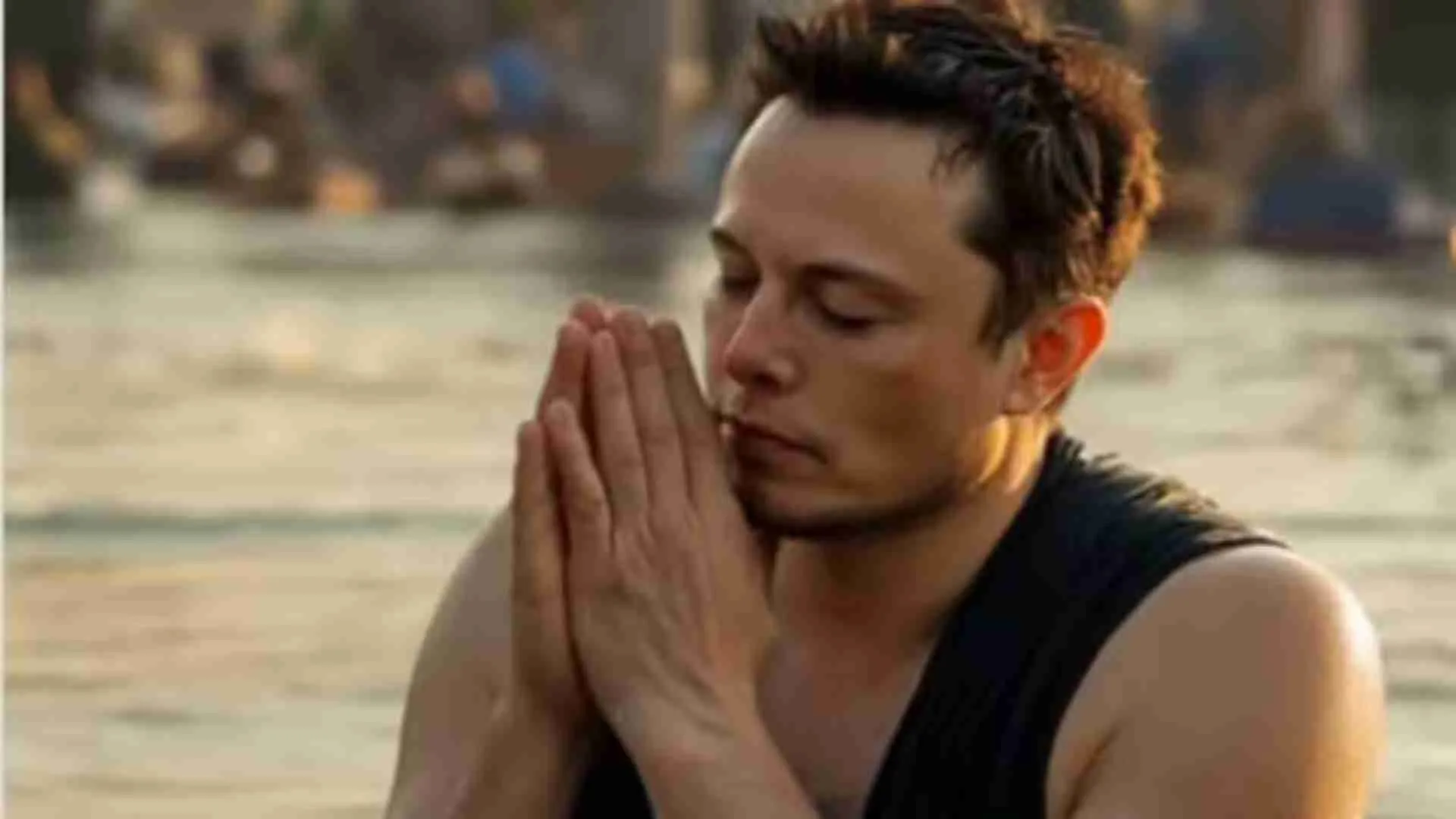The recent 50-second commercial by AU Small Finance Bank featuring Bollywood actors Aamir Khan and Kiara Advani has led to an uproar on social media. This isn’t just ridiculous but also reflects the stunted growth of our understanding of development, as more women are becoming educated and economically independent. Many women, in a hypothetical situation, may be the breadwinners of the family. Therefore, the advantage and the message of this advertisement must be lauded. But instead, what we witness is the backlash, where, naturally, Aamir Khan is blamed for hurting religious sentiments.
Madhya Pradesh Home Minister Narottam Mishra has advised Aamir Khan to avoid ads and practises that offend religious sensibilities. But why are we not addressing the message? That is the question one must ask the authorities that are expressing distaste for the advertisement.
Cut to the ad, which depicts Aamir Khan and Kiara Advani as newlyweds returning from their wedding and discussing how none of them cried during the bidaai. The commercial also depicts the pair arriving at the bride’s home and the husband taking the first step inside the house, which is not a traditional Hindu practise for brides.
The questions that arise need to be addressed. There are many situations where the girl is a single child and has ailing parents. Does this mean that it is imperative that she abandon her parents to embrace the new home, or should she remain unmarried?
This advertisement could have had a very strong message given out towards gender equality. This advertisement could have been a game changer with a popular actor like Aamir Khan, who would’ve encouraged men and women as equal partners in marriage, breaking free from the shackles of old norms and traditions that don’t make great sense in this changing world.
This is also an eye opener for the aversion to self-examination of people over gender topics. These moral keepers don’t take into account the plausibility of other situations in a person’s life. The change must be in tweaking traditions that are also done on a regular basis when no one is looking. People cut short traditions and it is acceptable in situations beyond their control. Then why this outrage?
Priests of the famous Mahakaleshwar temple in Madhya Pradesh had objected to the advertisement, claiming that it offended Hindu sentiments. One can’t overlook the flesh trade that has a social sanction in Madhya Pranesh’s Neemuch, Ratlam, and Mandsaur. The members of the Banchhada community consider the birth of a girl auspicious as it means another breadwinner for the family. Girls are groomed to become prostitutes by their parents when they are between 11 to 14 years of age. In 2015, the Madhya Pradesh Women Empowerment Department conducted a survey in 38 villages in Mandsaur. The data revealed that the population in the district was 3,435, with 2,243
women and 1,192 men. The rise in the number of women in the community is not only because of their birth but also because of the rampant purchase of trafficked girl children. These are little girls, sometimes sold at a measly sum of Rs 100 sometimes. She is also expected to serve as many as her body can handle for the day. When will the morality and the inhuman neglect be addressed towards this community in Madhya Pradesh?
If you look at Aamir Khan’s acting trajectory, he has often challenged ethical and religious norms. One must accept that he is expressing the sentiments of millions of people across the country.
As expected, the ad saw a major backlash. A popular tweet said, “Aamir Khan loves to do ads, which mock Hindu traditions. He will never dare talk or do any ads pertaining to Hijab, Burqua, Triple Talaq, Halala. He maintains pin-drop silence on Sar Tan Se Juda.”
Evidently, the most vulnerable sentiment of religion is used methodically to create more damage to an already fragile system we are currently living with. Narottam Mishra has stated that the advertisement hurts people’s sentiments. Trafficking women is also a long-lived tradition in Madhya Pradesh. As citizens of India, we hope that the government will discourage such a culture, instead of raising its voice against an advertisement that empowers women to be the caretakers of their families forever.
Talking to Rekha Bhattacharjee, a recently widowed elderly lady who lives with her daughter, lauded the advertisement, saying, “I wish I had the ability to do this for my mother. When she was ailing, I had to leave my parents in New Delhi and move to another town to start my married life. I felt guilty and tormented at times, but I had no choice.”
One can’t overlook the Khasis from Meghalaya, which account for the state’s largest ethnic community. They are one of the last existing matrilineal societies in the world. Here, children receive their mother’s last name, husbands move into their wife’s home, and the youngest daughter inherits the ancestral property. They are not Hindus, but this tradition helps many women be able to be there for their elderly parents’ needs. Our culture has always evolved, and it is time now that women in films and in society are allowed to choose to move to their new home or bring their husband into their maternal home. We laud Deepika Padukone for talking openly about mental illness. We need another popular actor to continue to come out and speak up where voices remain unheard. Maybe if Akshay Khanna had done this advertisement, all would have been well.
Mohua Chinappa is an author and a podcaster of a show called The Mohua Show.

